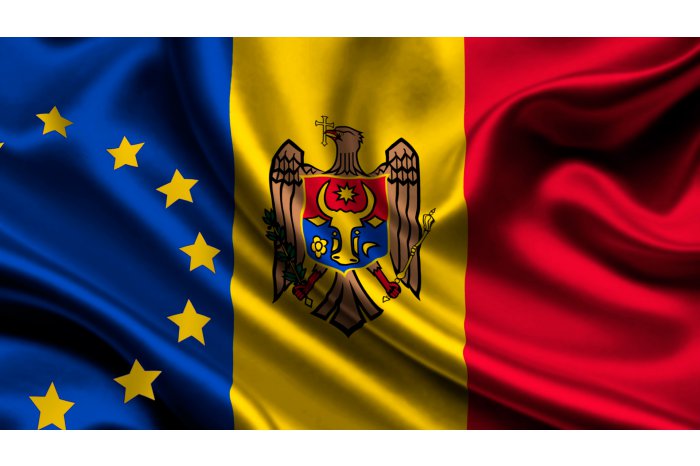Moldovan economic expert says free trade with EU, CIS compatible options
16:39 | 28.04.2015 Category: Economic
Chisinau, 28 April /MOLDPRES/ - The European Union and Commonwealth of Independent States (CIS) countries have been and remain Moldova's most important trading partners. This was one of the reasons that prompted the Moldovan authorities to sign free trade agreements (FTAs) with both the EU and CIS countries. Both agreements are compatible options for Moldova, according to an analytical note by Expert-Grup Independent Analytical Centre programme director Alexandru Fala.
According to the expert, "both free trade agreements allow Moldova to participate in other free trade areas and neither provides for the creation of more restrictive trade barriers against third parties". In this context, Moldova can simultaneously carry out foreign economic activities in both free trade areas. Similarly, Fala notes that the participation of a state in more free trade areas represented a normal situation, and there were many examples of such situations.
Nevertheless, some provisions of the Free Trade Agreement with CIS, such as Annex 6, create discriminatory conditions against Moldova. Thus, the Customs Union member states may introduce customs duties for other CIS countries that set up free trade areas with third party members, but for their part, the Commonwealth countries outside the Union, such as Moldova, cannot to set custom duties for these Eastern countries, if they engage in free trade with third parties.
In fact, "there was an attempt to sabotage the creation of the free trade area between Moldova and the EU. Thus, Russia introduced both tariff barriers, and non-tariff ones and the introduced restrictions are neither economically nor legally reasoned. In addition, the limits imposed have no connection with the creation of the Deep and Comprehensive Free Trade Area between Moldova and the EU."
In 2013-2014, the functioning of the free trade area with CIS had been compromised, notes the expert. Thus, Russia introduced import custom duties for 19 categories of Moldovan goods in August 2014. The taxes were introduced before the entry into force of the free trade area with the EU.
According to data by the National Statistics Bureau, Moldovan exports to the EU had an upward trend, and its share increased from 35.1 per cent in 2000 to 53.3 per cent in 2014. The share of exports to the CIS was 58.6 per cent in 2000, dropping to 31.4 per cent in 2014.
The Free Trade Agreement with EU was signed to expand and diversify the foreign relations of Moldova, as well as to facilitate investments, given that the EU provides over 60 per cent of capital goods in the country. At the same time, Moldova signed the Free Trade Agreement with the CIS zone, in order to strengthen trade relations in this region, adds economist Alexandru Fala.
(Reporter V. Bercu, Editor A. Raileanu)

